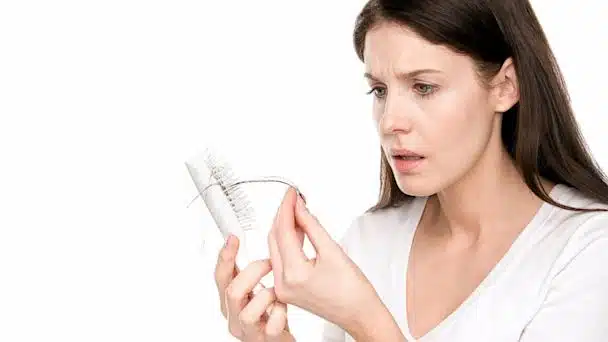Hair loss means the thinning of hair on the scalp and other parts of the body. There is a medical term for hair loss called alopecia. It can be temporary or permanent. The most common form of hair loss occurs steadily and is called as "androgenetic alopecia," which means that a combination of hormones (androgens. Which are male hormones) and heredity is needed to develop the condition. It is a common problem that requires a hair transplant.
Mostly the baldness is caused by genetics (male and female pattern baldness). This type of hair loss is not avoidable. Further explained tips may help you avoid preventable types of hair loss that include, to avoid tight hairstyles, such as braids, ponytails or chignons, avoid impulsively twisting, rubbing or pulling the hair, avoid medications or supplements that can cause hair loss, protect the hair from sunlight and other sources of UV light, stop smoking if you do so, some studies show a connection between smoking and baldness in men. There are several hair treatments such as Prp hair treatment.
Some natural remedies for hair loss are as follows:
1. Use The Egg mask for hair loss:
Eggs area rich source of sulphur, phosphorous, selenium, iodine, zinc and protein, which together helps to promote hair growth.
For the mask preparation you need:
1. In a bowl, separate one egg white and add a teaspoon of olive oil and honey each.
2. Beat it to make a paste and from root to tips apply it all over.
3. After twenty minutes, rinse it with a mild shampoo.
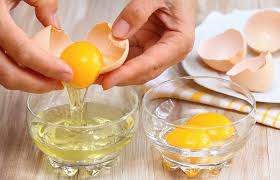
2. Hair Loss Remedies 2: The Licorice root:
This is a herb that prevents hair loss and further damage to the hair. It helps to calm the scalp and get rid of dry scales or dandruff.
1. You start by making a paste by adding a tablespoon of crushed licorice root and a quarter teaspoon saffron added to one cup milk.
2. Apply the paste to your scalp and hair length and leave it for overnight.
3. The next morning, wash your hair.
4. Repeat this process for at least twice a week.
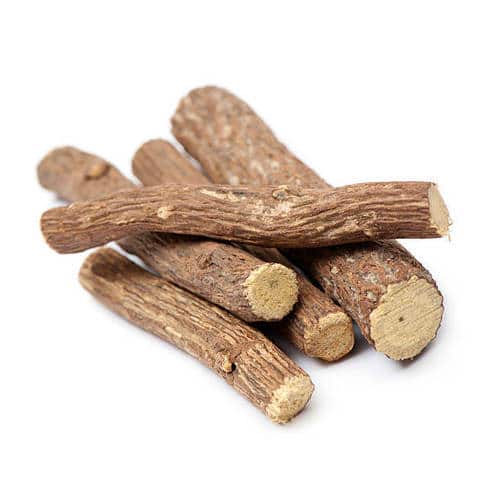
3. Hair Loss Remedies 3: The Coconut Milk:
There are proteins and essential fats in the coconut milk that promotes hair growth and prevent hair loss.
For the milk preparation, you will need to:
1. Grate a coconut of medium size and smoulder it in a pan for five minutes.
2. Strain it and then cool.
3. Then add one tablespoon of each creased black pepper and fenugreek seeds to the milk.
4. Apply it on your hair and scalp.
5. After twenty minutes, rinse it with a shampoo.

4.Hair Loss Remedies 4: Green tea
The green tea is a rich source of antioxidants, which help to boost hair growth and prevent hair loss.
1. You start by soaking two to three tea bags in one or two cups of hot water depending on the length of your hair.
2. When it is cooled down, pour it all over your scalp and hair, while gently massaging the head.
3. Rinse your hair with cool water after almost an hour.

5. Hair Loss Remedies 5: The Beetroot juice:
Beetroot is a rich source of vitamins C and B6, folate, manganese and potassium, all of them are essential for healthy growth of hair. In addition to this, it also acts as a detoxification agent by helping to keep the scalp clean.
1. Boil seven to eight beetroot leaves and grind them along with the five to six henna leaves.
2. Apply the paste on your scalp and leave for 15-20 minutes and then rinse it with warm water.
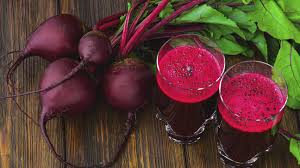
6. Hair Loss Remedies: Yogurt and honey:
1. Add 2 tablespoons of yogurt in a bowl and mix them with 1 tablespoon of honey and lemon.
2. Use a dye brush to apply the paste on your scalp and roots.
3. Leave it on the scalp for thirty minutes before rinsing it with cold water.
4. Once a week, apply this paste.
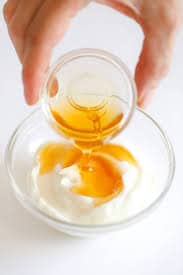
7. Hair Loss Remedies: Aloe Vera:
Aloe Vera is a very effective home remedy for hair loss and to boost up the hair growth. It is also very effective in reducing problems of the scalp such as itching or flaking.
1. You start by taking the stalk of Aloe Vera and extracting the pulp.
2. Apply it thoroughly to your hair and scalp and leave it on for about 45 minutes.
3. Rinse your hair with normal water. You can perform this process for three to four times a week to see good results.

8. Hair Loss Remedies 8: The Fenugreek seeds:
Fenugreek, which is also known as Methi seed, is among the most efficient home remedies to stop the hair loss. It maintains the hair follicles and helps in hair re-growth.
1. First, soak the fenugreek seeds in water for overnight.
2. Grind the seeds to make a fine paste and apply it to your hair and scalp.
3. Leave it on the head for almost thirty minutes.
4. You can also cover your scalp by using a shower cap so to keep it moist.
5. Rinse it with normal water, after thirty to forty minutes.
6. You don’t need to use any shampoo, only water is enough.
7. For a month, do it twice a week to control the hair fall.

9. Hair Loss Remedies: The Onion juice:
Onion has antibacterial properties that help to fight against scalp infections, while the sulphur content in it improves the circulation of blood to the hair follicles. It further promotes hair growth and controls hair loss.
1. In order to extract the onion juice, grind the onion and then squeeze the juice out of it.
2. Take a cotton ball and dip it in the onion juice and then apply it to your scalp.
3. Leave the onion juice on for 20 to 30 minutes and then wash it off using normal water and an insignificant amount of shampoo.
4. Follow the procedure for once a week and note the difference.
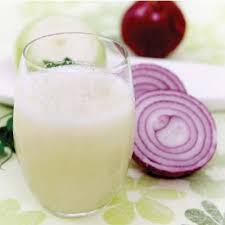
10. Hair Loss Remedies: The Amla:
Amla, also known as the Indian gooseberries, is another effective home remedy to stop the hair fall. One of the causes of hair loss is the deficiency of vitamin C, hence eatingAmla will give strength to the hair follicles and will help you to control it. Special thanks to its anti-inflammatory and exfoliating properties, Amla helps promote faster hair growth, keeps the scalp healthy and prevents the early greying of hair.
1. To make a paste, you can mix lime juice and the Amla powder.
2. Massage it gently to your scalp and hair.
3. You can use a shower cap to cover your head so that the paste doesn’t get to dry out.
4. Keep it on for at least an hour and then rinse it with normal water.

Diet for healthy hair:
The treatments and shampoos do play a role in maintaining healthy hair, but the secret to thick, shiny, strong hair is a healthy diet.
1. Spinach
The main cause of hair fall is iron deficiency. Spinach is not only rich in iron but also vitamin A, C, and protein. It also contains sebum which is a natural conditioner for hair and provides omega-3 acid, magnesium, potassium, and calcium.

2. Carrots
Carrots are known to be good for the eyes, as they contain Vitamin A, which also improves hair growth. Any deficiency of vitamin A can lead to dry and itchy scalp. Carrots are famous to add to the thickness of hair, making hair lustrous, improving the blood circulation, strengthening the hair, protecting hair from external damages like pollution and also help to prevent breakage of hair and hair fall.

4. Oats
Oats are an excellent source of fibre, zinc, iron, omega-6 fatty acids and polyunsaturated fatty acids which stimulates the hair growth and will make your hair thick and healthy.

3. Eggs
Hair is composed of sixty-eight per cent keratin protein, and so eggs help in rebuild damaged hair. They are also an excellent source of B vitamin called biotin that helps hair to grow.

6. Lentils
Lentils contain protein, iron, zinc, and biotin. They are also enriched with folic acid which is necessary for the restoration of the health of red blood cells that supply the skin and scalp with much-needed oxygen.


Isreal olabanji a dental assistant and public health professionals and has years of experience in assisting the dentist with all sorts of dental issues.
We regularly post timely and trustworthy medical information and news on Fitness, Dental care, Recipes, Child health, obstetrics, and more.
The content is intended to augment, not replace, information provided by your clinician. It is not intended nor implied to be a substitute for professional medical advice. Reading this information does not create or replace a doctor-patient relationship or consultation. If required, please contact your doctor or other health care provider to assist you to interpret any of this information, or in applying the information to your individual needs.

